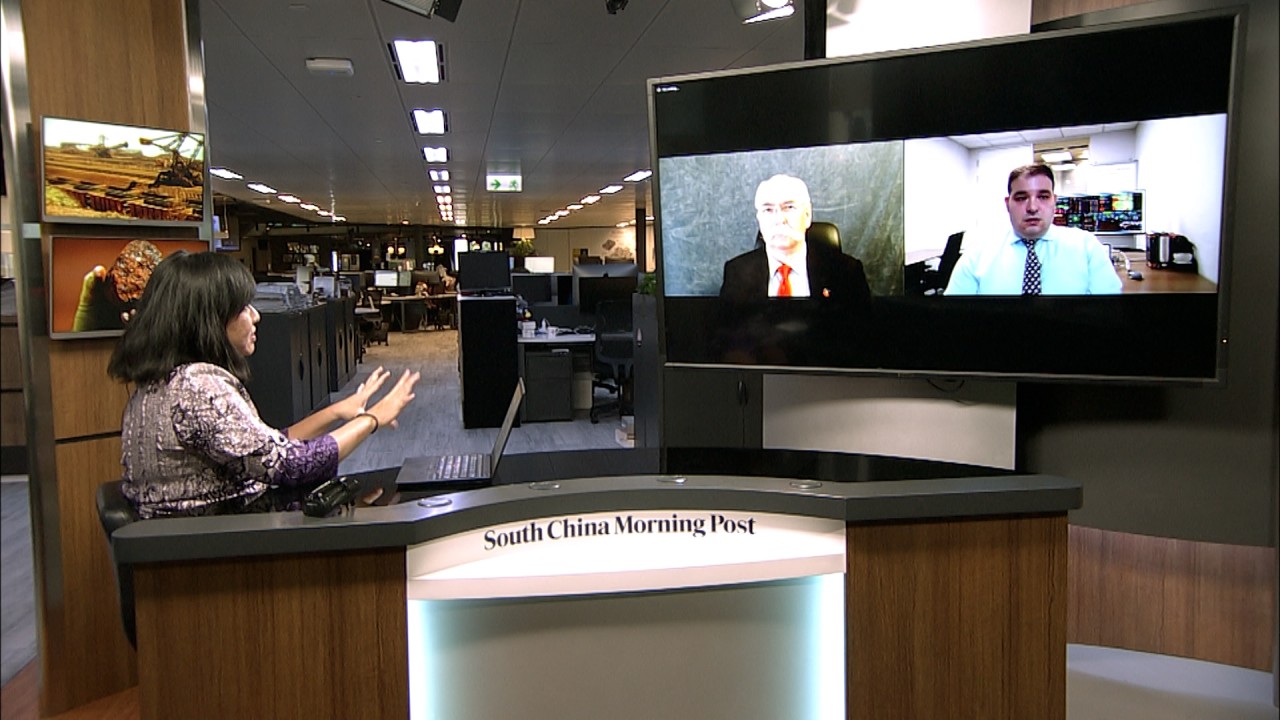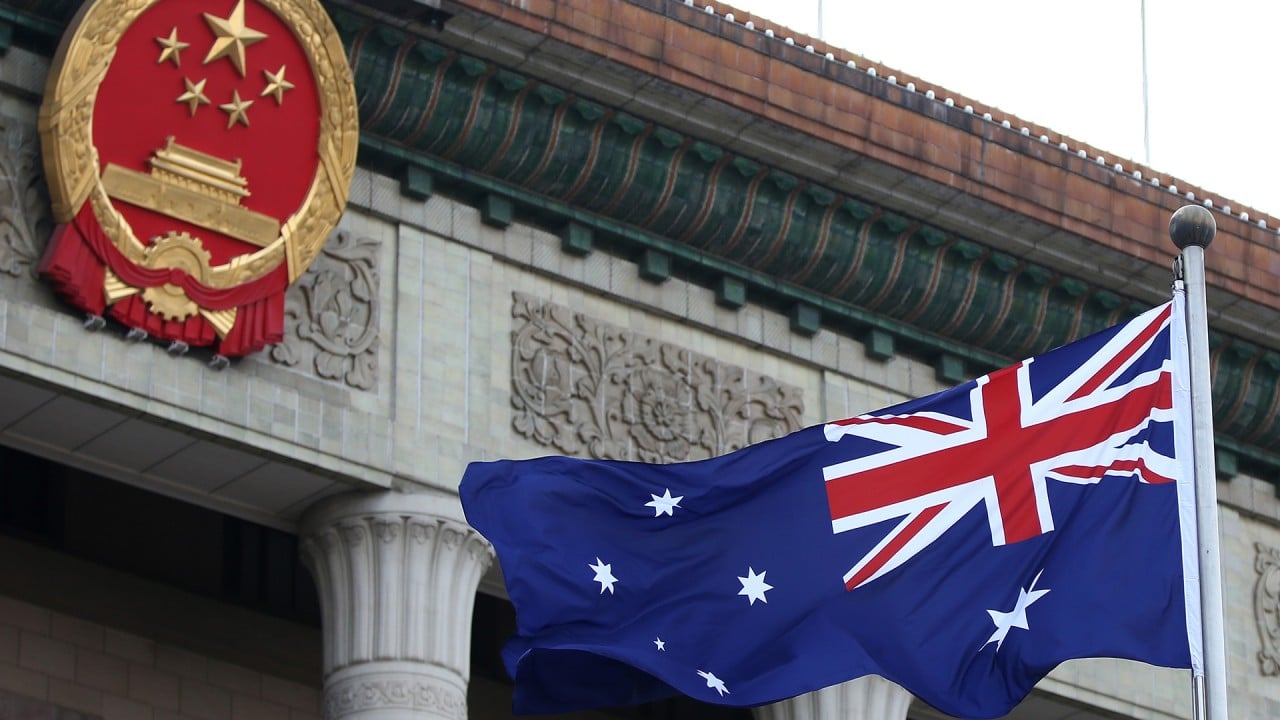
China-Australia relations: bans on Australian imports ‘beginning to bite’ as commodity exports fall
- Australia’s overall exports, including those to China, rose slightly in November but iron ore and coal exports to China both fell
- Coal exports, which has been unofficially banned by China, fell to their weakest level since 2016, with total exports to China down 6.4 per cent compared to a year earlier
Australia’s major commodity exports to China sank in November as Beijing’s trade restrictions hit home, although the impact of the slowdown was cushioned by redirected sales to other countries.
Australia’s overall exports, including those to China, rose slightly in November as a result of an increase in non-volatile gold exports, but iron ore and coal exports to China both fell 2.2 per cent and 3.6 per cent, respectively, compared to October.
The underperformance of [coal] exports to China underlines that Chinese restrictions on Australian imports are beginning to bite
Analysts have indicated inclement weather particularly with Australia going into cyclone season could have affected lower shipments in October and November.
“The underperformance of [coal] exports to China underlines that Chinese restrictions on Australian imports are beginning to bite,” he said.

09:18
Will iron ore be dragged into the ongoing China-Australia trade conflict?
Total exports to China fell 6.4 per cent compared to a year earlier, while exports to the rest of the world fell 2.6 per cent.
The downward pressure on exports in November could continue in coming months, mitigated by continued high iron ore prices and the redirection of coal exports to other countries, analysts added.
Iron ore prices – the highest since 2011 – sat at around US$165 a tonne on Thursday afternoon after rising to nearly US$180 a tonne late last year, which was more than double the price at the start of the year. Strong iron ore prices will continue to give Australian miners a profit boost even if export volumes decline.
Despite China’s import restrictions, coal exports were down only slightly, suggesting Australia has so far been able to find alternative buyers
Coal exports felt the impact of China’s trade block, but were largely rescued by sales to alternative buyers, said ANZ Research’s Australian economists Hayden Dimes and David Plank.
“Despite China’s import restrictions, coal exports were down only slightly, suggesting Australia has so far been able to find alternative buyers,” Dimes and Plank said.
China also levied anti-dumping duties on Australian wine and barley, making them uncompetitive in the Chinese market, which together have led to slowing trade between the two large trading partners.
As of June last year, the two countries enjoyed two-way trade of nearly A$240 billion (US$187 billion), led by iron ore, coal and liquefied natural gas exports.
The conflict escalated in April after Australia took the lead in pushing for an international inquiry into the origins of the coronavirus, with the government announcing the move without consulting Beijing.
The move worsened brewing tensions between the two countries which were damaged in 2018 when Australia banned Huawei Technologies Co. from its domestic 5G network on national security grounds and urged other countries to do the same.
But on Thursday, Australia’s Minister for Foreign Affairs Marise Payne again broached the subject of the coronavirus investigation, saying China should grant World Health Organization (WHO) officials access “without delay”.

07:55
Australia ditched diplomacy for ‘adversarial approach’ to China and ‘a pat on the head’ from US
Earlier this week, the head of the WHO expressed disappointment that China had still not authorised the entry of a team of international coronavirus experts.
“We look forward to the findings from the international field mission to China,” Payne said.
Payne had already issued a statement on Wednesday saying the Australian government was concerned by the arrest of more than 50 Hong Kong pro-democracy lawmakers and activists earlier that day for alleged violations of the national security law by organising and taking part in the primaries for the postponed Legislative Council election last year.
“Australia has consistently expressed concern that the national security law is eroding Hong Kong’s autonomy, democratic principles and rule of law,” Payne said.

